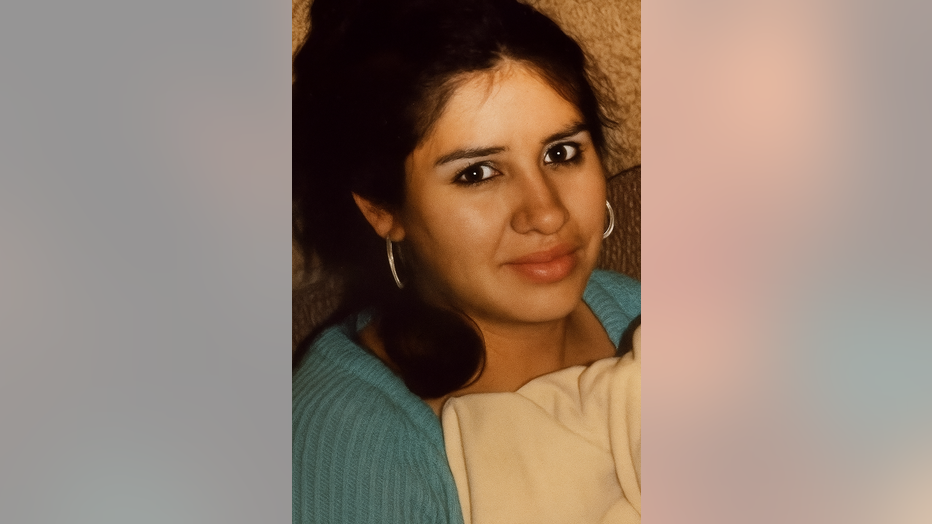A woman who was found dead in a wooded area near Houston has been identified more than 30 years later.
Jane Doe identified

Joann Zamora (Courtesy: Moxxy Forensic Investigations)
Moxxy Forensic Investigations announced that the woman was identified as Joann Zamora, who was born on August 27, 1963.
The backstory:
A passerby discovered her remains in Harris County on September 8, 1992.
Zamora, described as a loving mother who wanted to live life to the fullest, had last been seen in Houston.
What they're saying:
"Words cannot fully express what it means to finally have answers after more than 32 years," said Joann's daughter, Spencer Zamora Graham. "While the outcome is not what we had hoped for, we are deeply grateful to those who cared enough to seek the truth about a stranger who had no name and stood alone for so long."

Joann Zamora (Courtesy: Moxxy Forensic Investigations)
What's next:
According to Moxxy Forensic Investigations, Zamora’s death was a homicide that remains under investigation by the Houston Police Department. Criminal Coffee Co. is offering a $5,000 reward for information leading to the arrest of the person or people responsible for her death. Call Crime Stoppers with information.
How she was identified
Dig deeper:
According to Moxxy Forensic Investigations, they initiated an Investigative Genetic Genealogy effort in 2024 that was made possibly by a public crowdfunding campaign. Criminal Coffee Co. provided financial support.
According to Moxxy Forensic Investigations, Intermountain Forensics was able to extract DNA from the woman’s remains and generate a viable DNA profile for the genealogical research.

Joann Zamora (Courtesy: Moxxy Forensic Investigations)
What they're saying:
"Our entire team poured their hearts into this case," said Katie Thomas, co-founder of Moxxy Forensic Investigations. "Joann was never just a case number to us—she was someone’s mother, someone’s daughter, someone who mattered. Every person deserves to have their name returned, and we are honored to have helped bring Joann home."
"This accomplishment underscores the power of genetic genealogy in modern investigations, opening new doors for solving even the most challenging cases," said Derrick Levasseur, founder of Criminal Coffee Co. "This investigation is a powerful example of what can happen when passionate people and purpose-driven companies come together."
The Source: The information in this article comes from a news release from Moxxy Forensic Investigations.
 Latest News Articles
Latest News Articles Do you have an RSS newsreader? You may prefer to use this newsletter's RSS feed at:
Do you have an RSS newsreader? You may prefer to use this newsletter's RSS feed at: